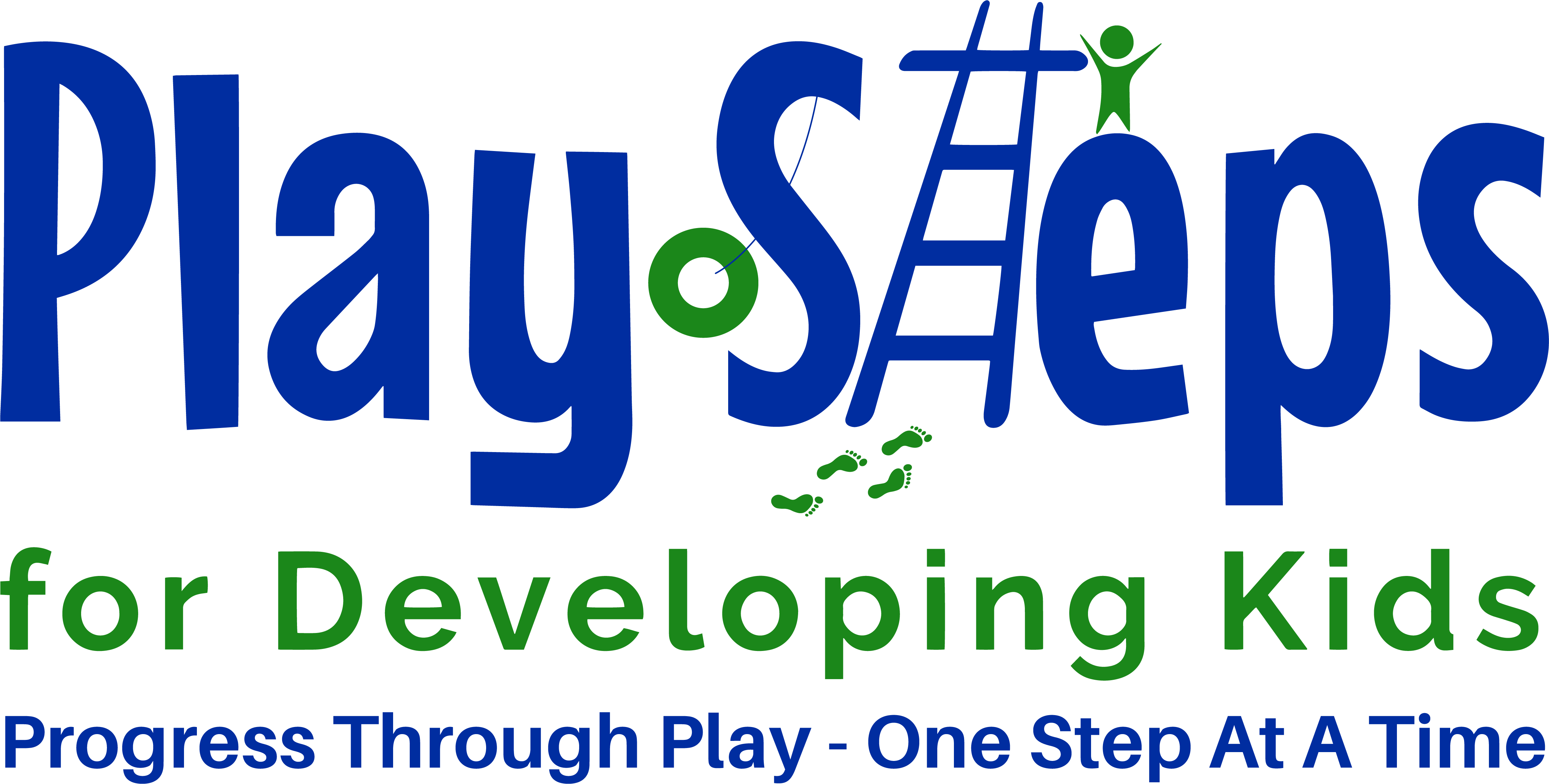by Theresa Baumert MSOTR/L
I had the privilege of participating in a discussion with several well-known authors and researchers from the occupational therapy field. The topic for discussion was the reminder of the importance of play. We find ourselves in an unusual conundrum of having all the time in the world and yet being busier than ever before. The juggling of roles and responsibilities is a persistent challenge as well as navigating new ones we had no idea were coming. In recent years, daily routines have changed and the once clearly defined boundaries between work, rest and leisure have become fluid and sometimes non-existent. Our motivation has suffered — an understandable reaction to stressful times. All of these indicate a need to PLAY!
What is Play? Play is an activity that is of our own choosing, something we enjoy and want to do. Interestingly, one researcher also reinforced that pure unadulterated play can give us a glimpse into the inner workings of our child by showing us who they are as they create their worlds and play-scripts. “Play is indeed one of our children’s most important occupations — it’s how they occupy their free time and learn” (American Occupational Therapy Association AOTA website). Researchers have identified many benefits of play, including improving one’s ability to be flexible, learning to interact with others, and developing problem-solving skills and coping abilities.
Research has also shown that over the last twenty years our children’s time has become far more structured, with less time available for play, particularly in the outdoors. More time is now spent engaged in highly-structured activities and screen use has dramatically increased. Screens are not necessarily the enemy, and the connectivity they provide has become essential for all of us. Rather, it is the balance that is important. Parents can help their child by providing some environmental supports (setting up safe spaces to allow messy play or providing supplies for artistic pursuits) and being mindful not to direct the play itself. Play does not need a goal, nor should it produce anything. Parents play a vital role in this. By following your child’s lead and engaging WITH them in unstructured free time/play, you gain a unique opportunity to bond with them and to see the world through their eyes.
Check out the following link to examine this in more detail.
https://www.aota.org/~/media/Corporate/Files/AboutOT/consumers/Youth/Play/Building%20Play%20Skills%20Tip%20Sheet%20Final.pdf
Further resources:
- Outdoor play
https://www.miracle-recreation.com/blog/why-should-my-child-play-outside-benefits-of-outdoor-play-for-kids/
An Australian perspective on outdoor play. https://raisingchildren.net.au/toddlers/play-learning/outdoor-play/outdoor-play
https://www.apa.org/topics/covid-19/children-unstructured-play

